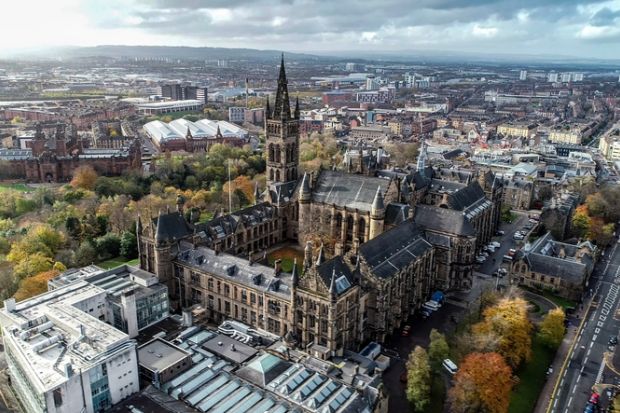The University of Glasgow has responded to a report about its historical links with slavery by creating a joint research centre with the University of the West Indies.
The report, titled Slavery, Abolition and the University of Glasgow and believed to be the first of its kind in the UK, acknowledged that the university received significant financial support from people whose wealth was partly derived from slavery, even though it also played a leading role in the abolitionist movement.
One of its recommendations has now led to a memorandum of understanding with the UWI – signed in Kingston, Jamaica, on 31 July and in Glasgow on 23 August – to create a Glasgow-Caribbean centre for development research.
This will be co-located in Glasgow and the Caribbean, and will sponsor research work, coordinate collaborations with other universities and help raise public awareness of the history of slavery. Although the centre will be self-supporting, Glasgow has committed to raising £20 million over the next 20 years.
“Talking about any institution’s or country’s historical links to slavery can be a difficult conversation,” said Sir Anton Muscatelli, Glasgow’s principal and vice-chancellor, “but we felt it was a necessary one for our university to have. I am reminded of the words of Sir Geoff Palmer, one of our report’s external advisers, who often says: while you can’t change the past, you can change its consequences.”
As part of the event linked to the signing of the memorandum of agreement, a plaque will be unveiled to mark the fact that Glasgow’s Gilmorehill base was built on the site of a house owned by a notorious 18th-century slaveowner; and an exhibition, Call and Response: The University of Glasgow and Slavery, will be opened in the university chapel.




